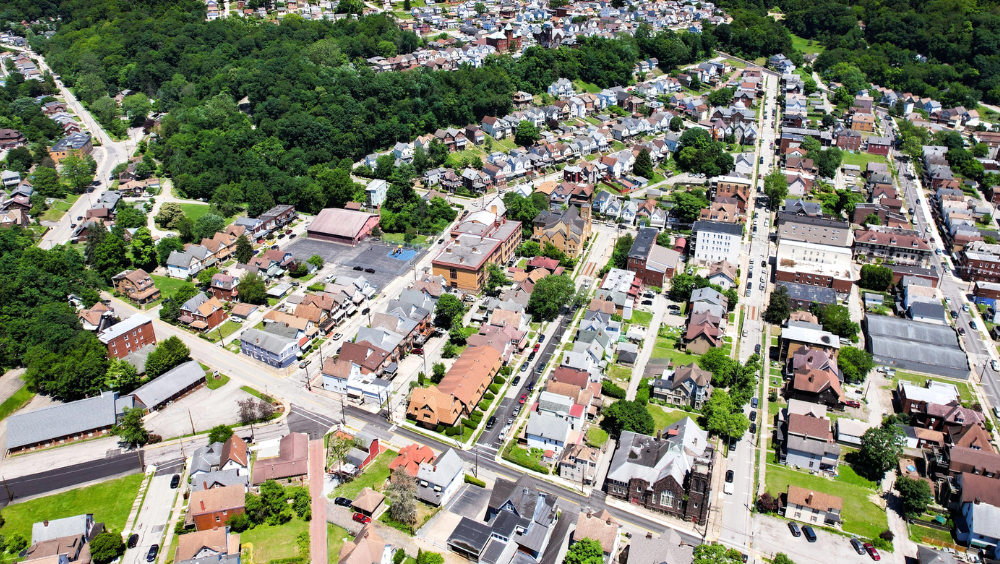
Are you looking to sell your Pittsburgh home? You might have questions about the Pittsburgh transfer tax, like “What is it?” and “Who pays for it?” Don’t worry. Transfer taxes aren’t complicated, but they do have a few quirks to them, and it’s important to know how they work before you sell your home, as they can impact your bottom line and closing costs. This short guide will help demystify the Pittsburgh transfer tax, who is responsible for paying it, and more. Real estate transfer taxes are charged by state or local governments when property ownership is transferred from one individual to another. According to the Federal Trade Commission, these taxes are due when the title to a property, essentially the document that confirms your legal ownership, is officially passed to a new owner. The amount you owe in transfer taxes can vary significantly based on the property’s location. Different states, counties, and cities often have their own unique rates and regulations for these taxes, so it’s good to know how they work in your area. Transfer taxes primarily serve as a means for local and state governments to generate revenue and fund various public services and infrastructure projects. In Pennsylvania and Pittsburgh, transfer taxes are split between the buyer and the seller (also sometimes called the “grantee” and “grantor”). Transfer taxes typically differ based on local regulations but can generally be categorized into three types — state, city, and county, depending on the state. Here’s how it works in Pittsburgh. For property transfers in Pennsylvania, a documentary transfer tax of 1% of the home value is applied. However, additional taxes may apply depending on your specific location within Pennsylvania. Pittsburgh’s city transfer tax rate is 3% of the property’s sales value. An additional 1% tax applies to property changing hands in a Pittsburgh school district. The state tax of 1% also applies, bringing the total transfer tax for real estate transactions in Pittsburgh to 5%. Other transfer fees In addition to transfer taxes, there may be other fees to consider, such as those from a homeowner’s association or local neighborhood organization. Since these can vary widely based on location, consulting a professional is advisable. If you’re selling your home without a realtor, seeking professional advice might clarify some of the nuances of the process and provide a better understanding of what to expect regarding the pros and cons of selling a house without a realtor.What are transfer taxes?
Who pays for transfer taxes?
What are the types of transfer taxes?
State transfer taxes
City transfer taxes



